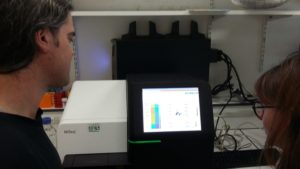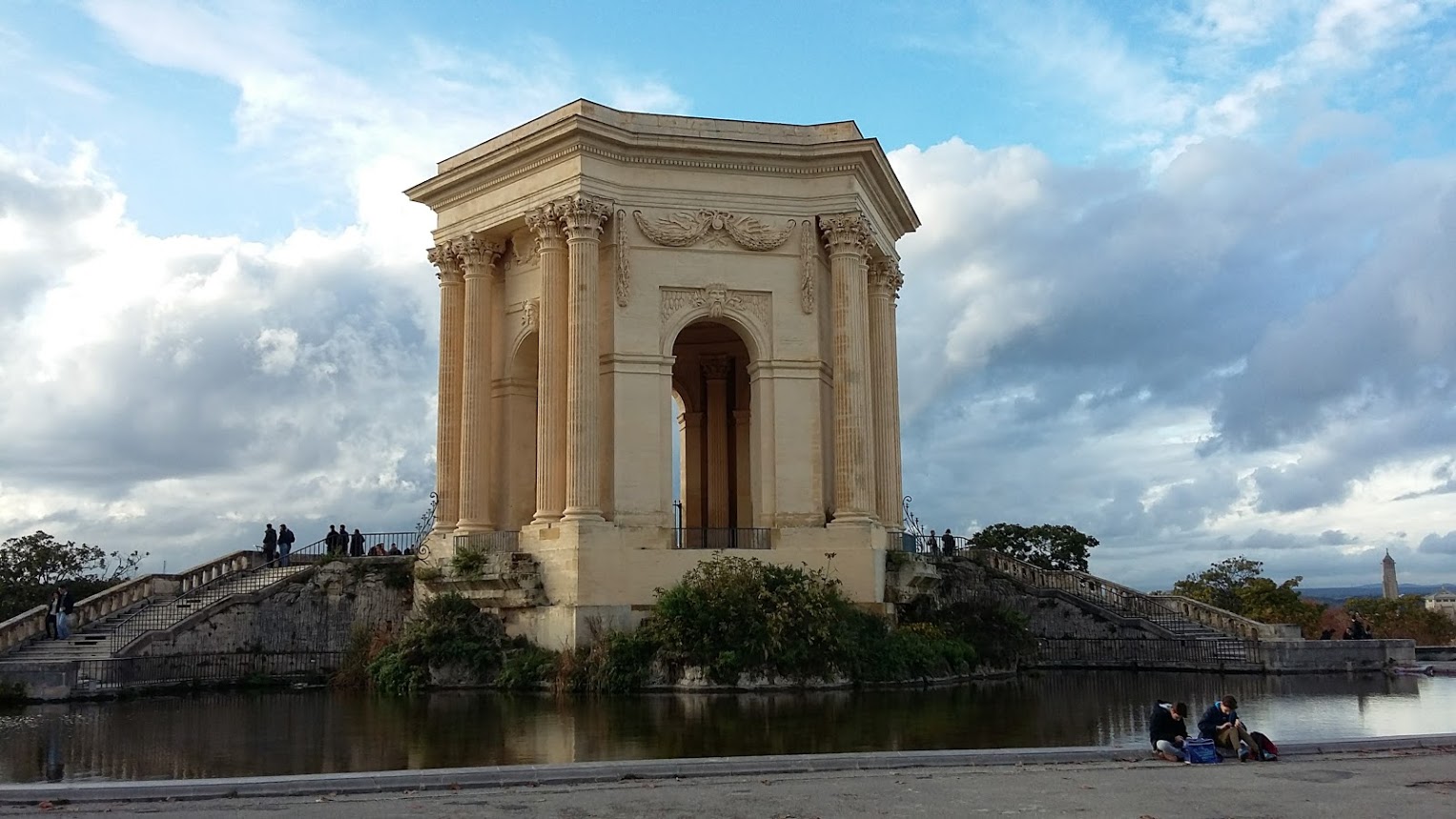Approaching established scientists is nerve wracking when you are just starting out in your own scientific career. It terrified me, but having done so successfully, it is now not so such an intimidating prospect.
When I first went to science conferences as a new PhD student, my fellow early stage researchers and I used to award each other mingling points for having the confidence to break out of our trusted established circle and speak to people we had not met before. Knowing networking was a vital part of attending scientific meetings, we needed motivation to do more than catch up and share free wine. I am glad we pushed each other to do so. I have just returned from a 3 week research visit to Southern France, which would not have taken place, had I not plucked up the courage to approach a now collaborator after her keynote talk a few years ago. Now back in a chilly post-Christmas Dublin it seems like a good time to time to reflect on how my path to approaching new scientists has changed:
Having a question I want answered
After giving a talk it is great to hear somebody enjoyed it and finds your research interesting, but this may not lead to much further conversation than ‘thanks very much’. If you have a research question you would like to explore with someone they are far more likely to be interested. Scientists become leaders in their field in areas that excite them. Approaching scientists with a hypothesis that needs testing and an innovative way of doing should lead to a stimulating conversation.

Following up
Scientific conferences can and should be inspirational places, giving opportunities to hear about innovative developments in your discipline and bringing together a diverse community of international experts. Back in your university having to deal with your day to day tasks, the new research idea that filled your thoughts at a conference may take a back seat. Quickly following up with those you spoke with, on how your ideas have developed demonstrates that your commitment to perusing your research with them was not just a flash in the pan. It also keeps ideas fresh in everybody’s heads.
Perseverance
You may be looking to expand into a new area and therefore it may take a while to find your feet when it comes to funding applications. Do not let this deter you, just use failed applications as stepping stones. Rejected funding applications have been a key to my success in landing future funding, particularly when they give detailed feedback.
Being open to new ideas
Your new collaborator might wish you to expand into areas of research unfamiliar to you. Be open to this. Multidisciplinary and interdisciplinary teams are all the rage now, but to really be successful they require team members to commit to understanding more about each discipline to reach their full potential. During my recent research visit to France I was invited to partake in a workshop on the new user friendly bioinformatics software FROGS (http://genphyse.toulouse.inra.fr/frogs_announce). Given it was my first time carrying out in-depth bioinformatics analysis and the workshop was in French (I only speak beginner level French), I didn’t end up with an as thorough understanding of the analysis as my experienced French collaborators. However, after partaking in the course I was able to more fully partake in discussions of the results than if I had just asked them to carry it out. Being aware of new avenues you can pursue with your collaborators makes it much easier to grab any funding opportunities that pop up. After acquiring funding to collaborate with my French colleagues from a distance they said it would be great if I got funding so I could see the metagenomic work they carry out in their institute. Within a month the Irish Research Council announced a funding call to support new research collaborations between Irish and French researchers (http://www.research.ie/scheme/ulysses-2016). As we had already discussed what we would do if the opportunity presented, the funding application was very straight forward.
Enjoy
Making new potential collaborations is one of the most exciting parts of science. It not only allows you to explore new avenues of research but presents opportunities to explore new countries and cultures.
Peter Stuart

